
Dozens of institutions offer assistance for victims of violence. If you, a family member or a friend entered the circle of violence inside or outside the home, you need to know that there are people trained to help you. What you should not do is keep quiet or let a violent or aggressive episode happen.
In this article, you will find a complete guide to requesting help and orientation.
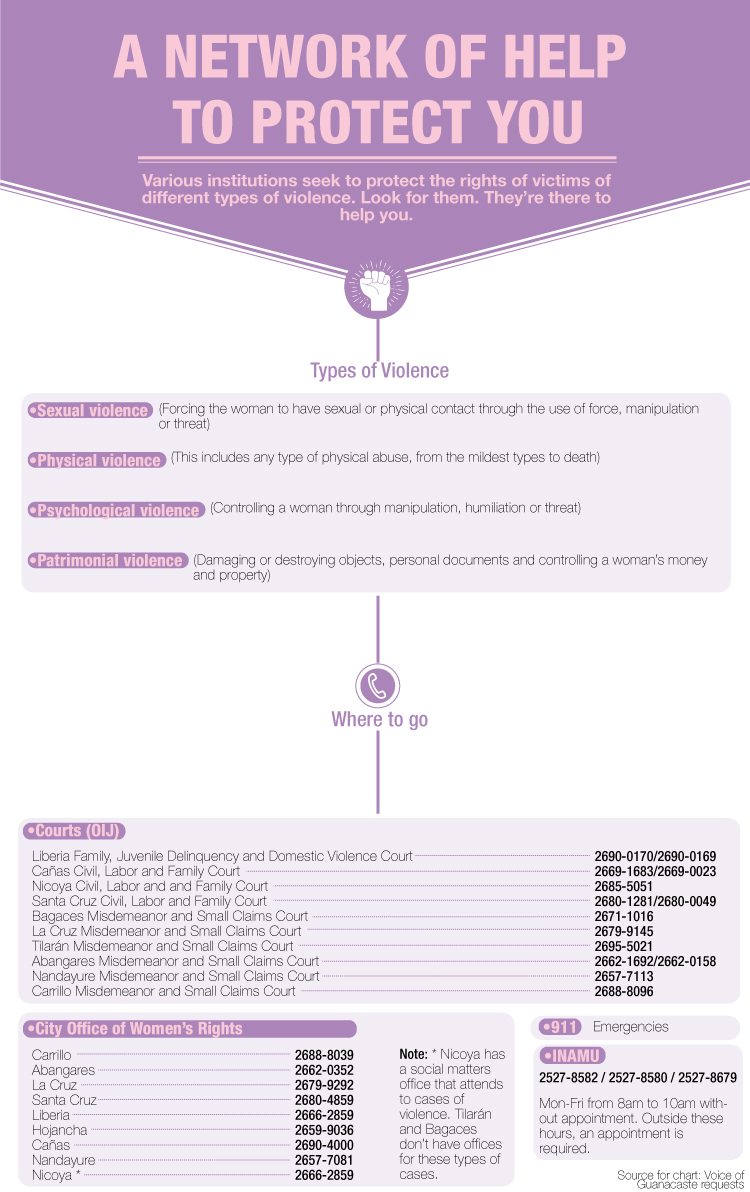
We start with 911. What is it for? This emergency service line provides immediate attention for women (and men) that suffer physical or sexual aggressions at the hands of their partner or any other person.
In these scenarios, a group of trained professionals will pass your request along to the correct institution. The institution promises to attend to your case in “just minutes” after the initial report of violence.
Now I’m a business owner and I make my own clothes to sell.
“We coordinate with the police so that a squad car arrives as soon as possible to the scene,” said Gerardo Garcia, press spokesman for 911, who added that the criminal complaint can be made anonymously.
If, at any time, you are suffering psychological violence and you are desperate and don’t know what to do, you can also call 911. They will take your information over the phone and provide you with recommendations for finding help. Those who feel sexually abused can also call this number from their office or from wherever they may be studying. Victims of human trafficking can also call.
Guanacaste prepares, little by little, for a future without gender violence. It’s not easy, but its crusaders are not giving up.
If you want to continue the process and request protection from the aggressor, you can turn to the domestic violence court or the misdemeanor court. Every province has these courts. You can file a complaint verbally and they only think they will need is your ID. You can go at any time and any day of the week.
Victims that live far from the court can go to their nearest police station and ask for a squad car to take them.
“It’s their duty to take the victim and wait while she files the complaint if she doesn’t have the means to return home, explained Luis Gerardo Marchena, coordinator for the Liberia domestic violence court.
Once the complaint is filed a judge will order the corresponding protection measures, which range from ordering the aggressor to leave the home to restraining orders that keep the aggressor from going near the victim and her family, or even ordering that the perpetrator pay child support.
If the person who handles the case notes that you are suffering a pattern of grave physical violence, he or she will send you to the Office of the Attorney General’s Victim Attention Program. This office provides protection to people vulnerable to femicides or who have received threats on their lives, freedom, security or physical integrity. The could also relocate you if danger is imminent.
INAMU
The National Women’s Institute (INAMU) has a regional office in Liberia. Its headquarters is one of the the principle allies of Guanacastecan women and provides psychological help and legal advice as well as group therapy and courses in entrepreneurship.
The only psychologist in this office, Patricia Herrera, offers help via phone or in person. She recommends calling beforehand in order to schedule an appointment, if the case can wait, since they attend both women who go directly to INAMU and others who are referred from other public institutions such as the Institute for Social Aid (IMAS) or the municipal offices on womens’ matters (OFIM).
I feel strong, empowered, and I repeat to myself that women can do anything we set our minds to.
If you can’t make it to Liberia and want to receive attention in person, you can also go to the OFIM’s offices, which are located in almost all of Guanacastes cities.
How does OFIM work? While each city makes its own autonomous decisions, the specialists in these offices usually measure the risk that the woman is facing and, if necessary, activate an emergency plan via an inter-institutional network created by INAMU in order to quickly handle violence cases. Once that is done, they decide what type of attention the woman needs.
“Here we provide support, advice and help to raise awareness of what is happening. We do this with the sole purpose of helping the woman get back on her feet,” explained Adriana Villalobos, leader of the office of womens’ matters in Goicoecheain, the first one of its kind opened in the country.
In Guanacaste, these types of offices are located within almost every municipal district. The only cantons that don’t have a similar office are Tilarán and Bagaces.
In Santa Cruz, social worker Griselda García has led the OFIM office for 13 years. Her annual budget is ¢2 million, which is barely enough to pay for travel and short trainings. Nonetheless, she said she is always at the office and she attends to women whenever they arrive.
I tell women all the time not to keep quiet, that fear is overcome by talking.
“I orient them and if they need a reference for a family court, we do it,” Garcia explained, adding that other institutions also form part of an inter-institutional network to attend to cases of violence, including the Attorney General’s Office, INAMU, The National Board on Infancy, among others.
The head of the Liberia office on womens’ matters in Liberia, psychologist Anayubel Reyes Villegas, explained that the question they received most often is about options for trainings and entrepreneurship.
She also said that they have 4.3 million additional colons for the annual budget this year, which usually amounts to 1.5 million. According to Reyes, the additional money will be used to attend to and prevent violence.


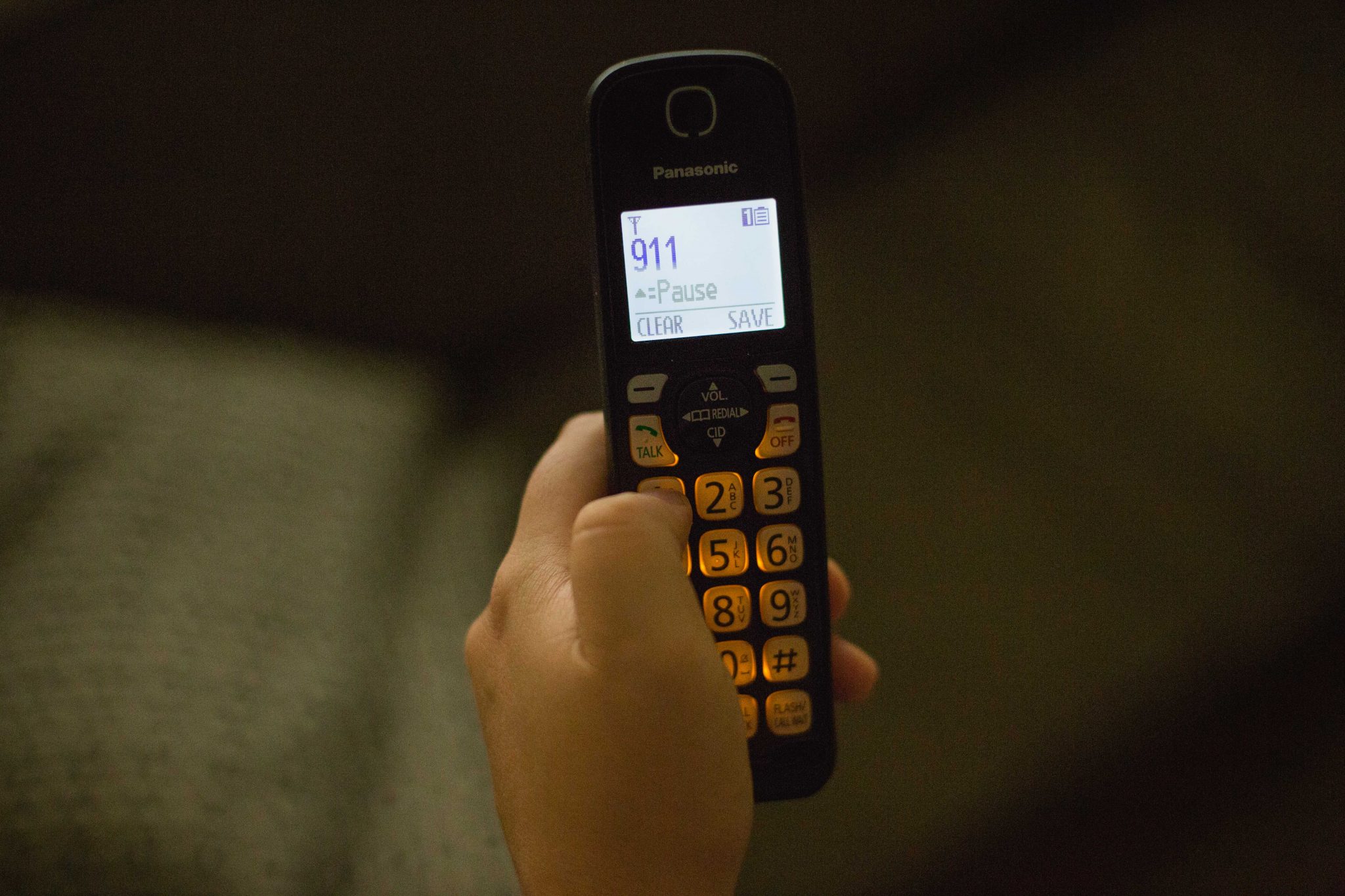
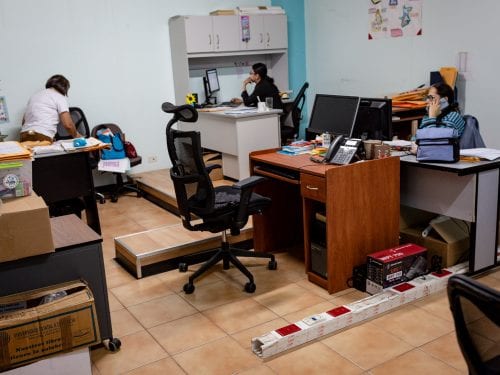
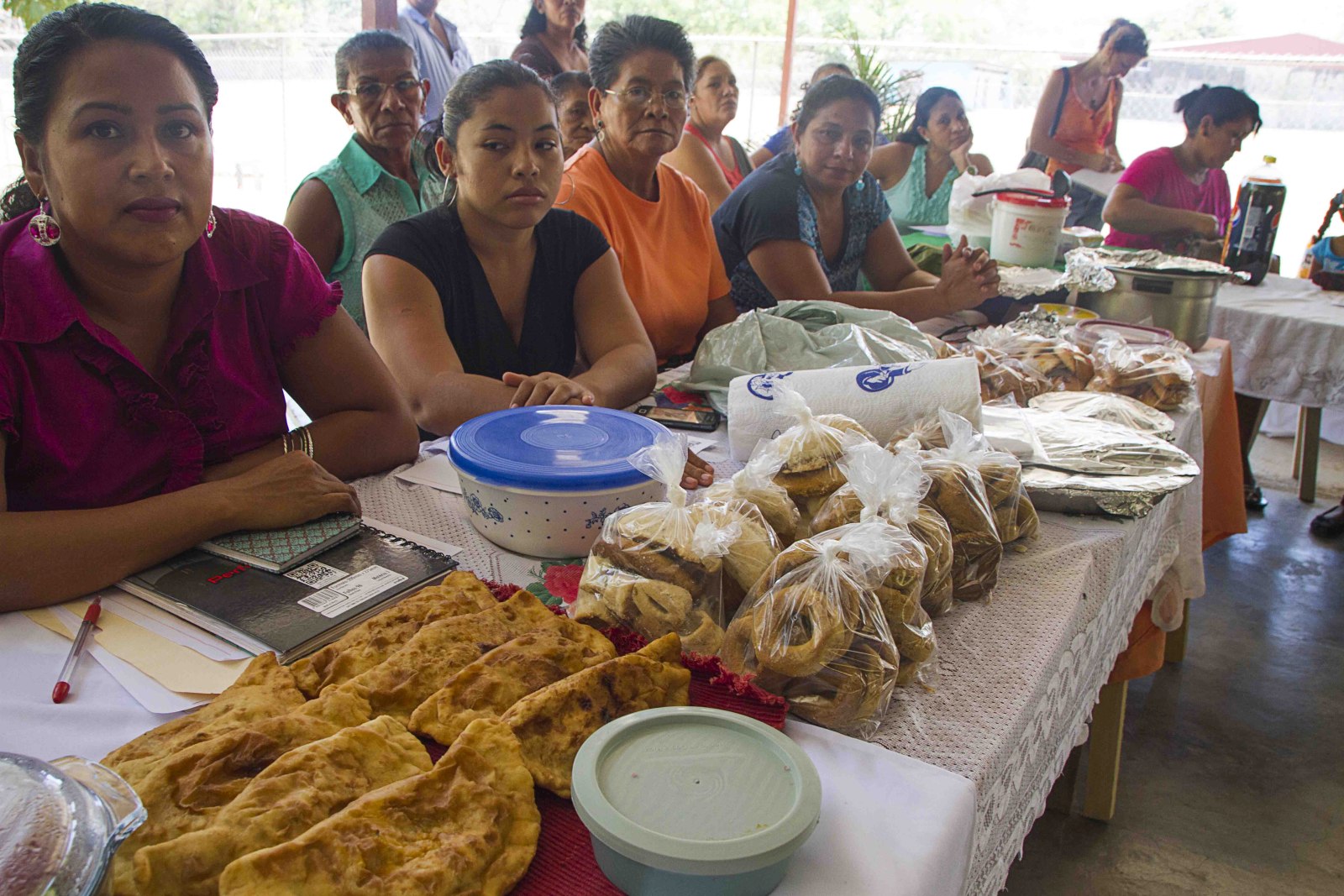
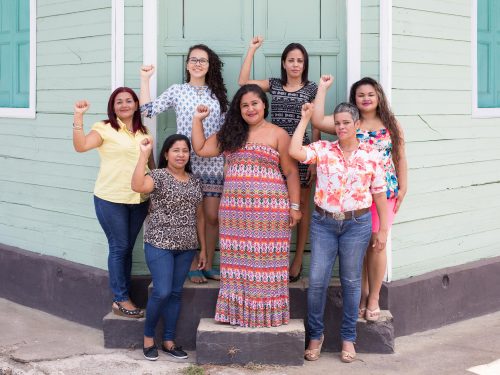

Comments